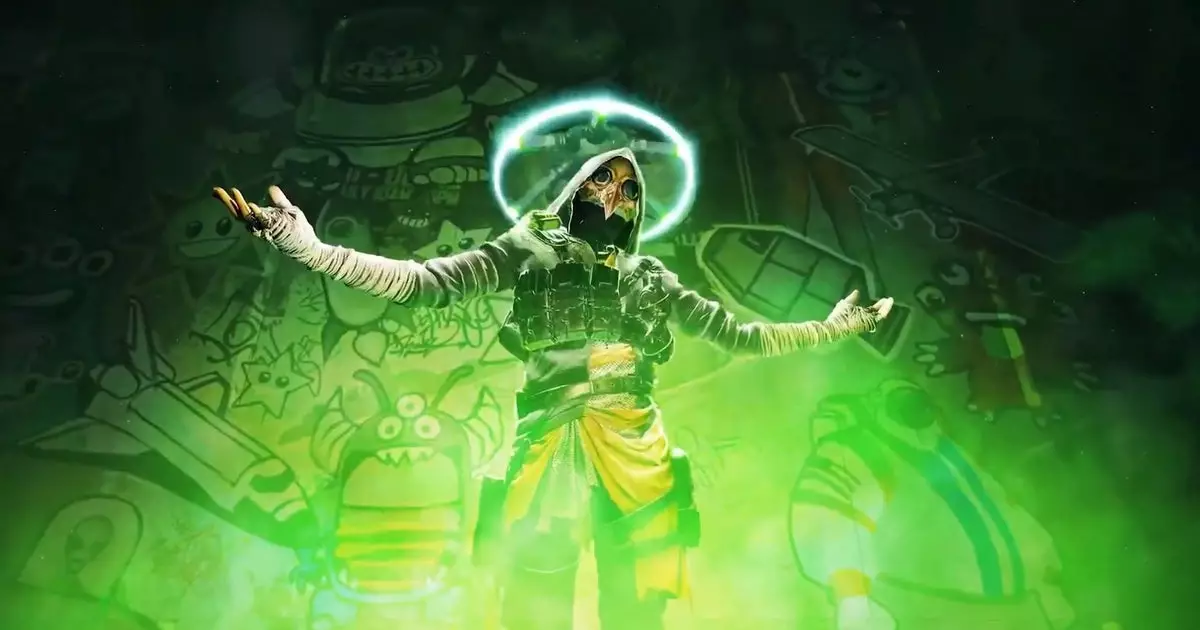In recent months, Ubisoft has found itself at the forefront of discussions regarding corporate culture in the gaming industry, particularly concerning the fate of its much-hyped PvP shooter, XDefiant. Announcing the discontinuation of the game, Ubisoft confirmed the layoff of approximately 277 employees from studios associated with its development, primarily in locations including San Francisco, Osaka, and Sydney. These events resonate as not just a setback for the company, but as a stark illustration of the volatile nature of the gaming industry, particularly within the increasingly competitive realm of free-to-play first-person shooters.
At the heart of the matter lies a crucial business insight provided by Ubisoft executive Marie-Sophie de Waubert, who stated that the company failed to cultivate a sustainable player base. The language employed in the announcement, particularly the phrase “unable to attract and retain enough players,” reflects a broader issue pervasive within the gaming community: the ruthless competition among titles vying for the same player engagement. In a market where free-to-play mechanics often dominate, sustaining a loyal audience becomes a Herculean task even for established brands like Ubisoft.
The situation raises significant questions about player loyalty and the very mechanics that drive modern game design. The reliance on seasonal updates and social interaction within multiplayer experiences could very well backfire, as seen with XDefiant, which struggled against more entrenched titles in the free-to-play category. With shifting consumer expectations, what worked in the past may not guarantee future success.
As the dust settles from this decision, the human cost emerges starkly. Over half of the development team behind XDefiant faced layoffs, with terms like “departing” employed in company communications rather than addressing the stark reality of job loss. This choice of language may serve to soften the blow for executives, but it underscores a troubling detachment from the ramifications that such decisions have on individuals’ lives. The closure of production studios, coupled with a grim perspective on the future of its employees, stands in clear juxtaposition to the optimistic rhetoric that characterized earlier communications about the game.
While some employees will transition to other roles within Ubisoft, a significant number will be left searching for new opportunities in an industry that is notoriously competitive and often unforgiving. The emotional and financial toll on those affected cannot be underestimated, particularly in a field that holds a clear passion for gaming and creativity. A supportive work environment is crucial, and the rapid downsizing reflects a potential disconnect between management strategies and workforce realities.
Ubisoft has committed itself to the increasingly controversial games-as-a-service model, despite a slew of recent failures across the industry. This strategy, which involves ongoing player support and monetization beyond initial sales, has its merits but also presents significant risks. De Waubert’s insistence that the company will apply lessons learned from XDefiant to future titles raises eyebrows. Is this indicative of a company willing to innovate, or simply a reiteration of an existing, less-than-stellar approach?
While games like Rainbow Six Siege and For Honor were cited as success stories that thrived despite initial setbacks, the truth is that not all titles have the luxury of turning around. The broader question lingers: as the consumer landscape shifts, will the games-as-a-service model remain viable, or will it ultimately prove to be a stumbling block for developers?
The story of XDefiant serves as a cautionary tale for game developers who choose to dive into the perilous waters of the competition-driven free-to-play FPS market. While the potential for success exists, it doesn’t diminish the importance of adaptability and understanding player demands. Moreover, it emphasizes the necessity for a supportive corporate culture that acknowledges the human element behind game development.
Ubisoft’s commitment to focusing on games-as-a-service may yield results in the long run, but amidst the ashes of XDefiant, one can’t help but question the viability of current strategies. For the nearly 300 individuals impacted by this decision, hopes for a brighter future rest on the industry’s ability to not only learn from its failures but to prioritize the retention of talent and creativity—elements essential for any innovation and growth in the gaming sector.


Leave a Reply